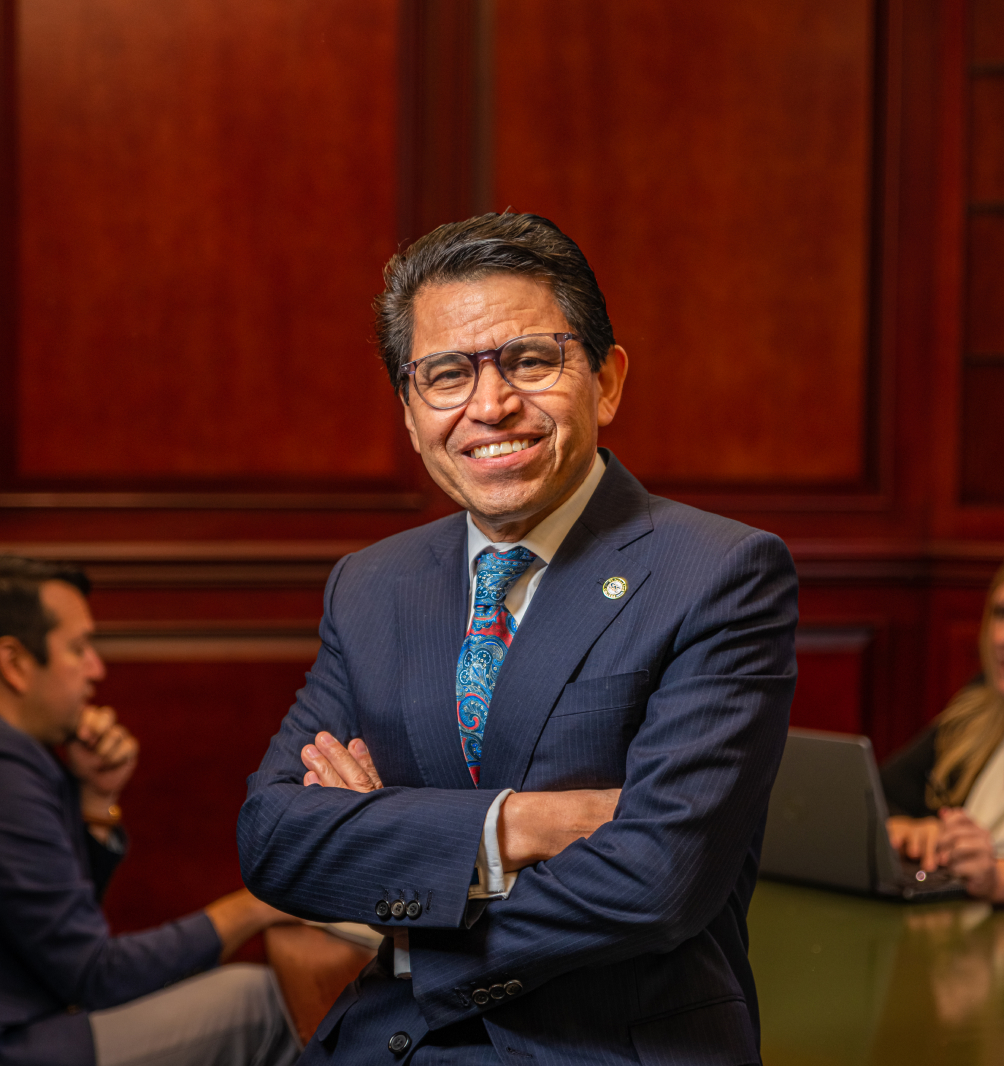Faculty Achievements
Although St. Augustine College is dedicated to the idea of being a “teaching institution”, this concept cannot be completely fulfilled without including the commitment to faculty scholarship. Scholarship is an activity where faculty members update or extend their expertise in an area of study. As a component of their professional life, professors must be constantly alert to new and innovative ideas within their discipline, thereby enhancing the atmosphere within their classroom.

- The scholarship of discovery includes original research that advances knowledge.
- The scholarship of integration involves the synthesis of information across disciplines, across topics within a discipline, or across time.
- The scholarship of application goes beyond the service duties of a faculty member to those involving the rigor and application of disciplinary expertise.
- The scholarship of teaching and learning involves the systematic study of teaching and learning processes.
The faculty of St. Augustine College are committed to this charge and are actively engaged in scholarship. Examples of these endeavors include the following:
- Dr. Maria Natividad and Dr. German Criollo are writing a book – Exercises in Human Biology (Ejercicios En Biologia Humana)
- Dr. Greg Clemons is writing a book – The Hispanic American Experience Through Literature
- Dr. Medhat Alsafadi has published three case studies:
-
-
- Hakeem E-Systems Usability in Jordan Public Hospitals: A Case Study of Prince Hamza Hospital, 2021
- The impact of human resources (HR) activities on competitive advantage in private schools in Jordan: A case study, 2021
- Small Business Owners’ Perception of Balanced Scorecard for Business Survival and Growth, 2021
-
- German Criollo – Research through Chicago State University sponsored through the NSF
- Greg Clemons- Paper to be presented in Columbia, South America- March 2023
Antuanette Mester has received a grant consisting of $1,015,720 for SAC’s Early Childhood Education

Contact Information
For more information, please contact:
Andrea W. Koepke, PhD, Dean of Academic Affairs, AKoepke@staugustine.lewisu.edu




